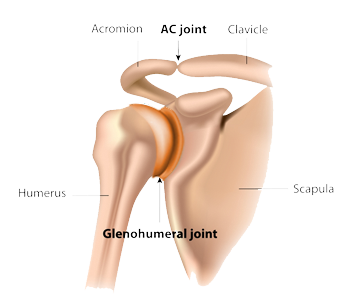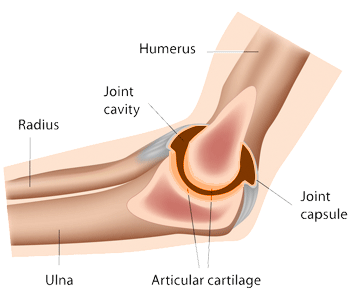What is a shoulder specialist?
A specialist is a person who concentrates primarily on a particular subject or activity – a person highly skilled in a specific and restricted field. Synonyms include terms such as “expert”, “authority”, or “professional”.
Did you know that there are 11 different areas of specialization in orthopedic surgery and that shoulder and elbow surgery is one of these 11 areas? Not all orthopedic surgeons are the same.
Would you prefer to be evaluated and treated by a surgeon and surgical team that specializes in your condition? Or would you prefer treatment by a physician who does a few shoulder procedures a month – or better yet, a few a year – and also treats knees, hips, hands and other joints?
Shoulder surgery is both a profession and a trade:
Surgery is both a profession and a trade, it is an occupation performed regularly requiring manual and mechanical skill. Imagine building a home. Would you want your painter to install your plumbing; or your carpenter to be responsible for the electric work? Not all orthopedic surgeons are the same. A surgeon’s background and training are important; as is their bedside manner. However, at the end of the day you need the surgeon who can look you in the eye and tell you – this is all I do – I live and breathe shoulder problems; and I evaluate and treat patients just like you every day of the week. You need and deserve a shoulder specialist.
Complication rates for procedures in the shoulder are related to surgical volume:
Did you know that complication rates for procedures in the shoulder are related to surgical volume? Shoulder surgeons with higher average annual caseloads of shoulder replacement procedures have decreased complication rates and hospital lengths of stay compared to patients of surgeons who perform fewer of these procedures (Hammond et al. JBJS 2003;85A(12):2318-2324). Studies have also shown that patients receiving shoulder replacement surgery performed by a high-volume surgeons are more likely to have a better overall outcome, with less risk of complications to include mortality! (Jain et al. JBJS 2004;86A(3):496-505).
Ask your doctor how many shoulder surgeries they perform!
It is important to ask your doctor how many shoulder surgeries they perform. Do they have a regular team; what is their complication rate; are they capable of revising the shoulder if the replacement or procedure fails or has problems? If they do not feel comfortable revising the procedure if it has problems; you may want to find a surgeon who has more experience. It is also important to ask your doctor: Is your condition something they are familiar with and treat on a regular – better yet – daily basis?
Medical knowledge grows quickly, and technological advances in orthopedics can be overwhelming to those practitioners trying to master them all. Attaining mastery in any pursuit takes significant time, dedication and repetition. Professional athletes do not compete in multiple sports and elite musicians do not play every instrument. Why should you expect your subspecialty surgeon to be any different?
Shoulder surgery specialty providers:
At the Shoulder Clinic of Idaho we are a group of specialty orthopedic surgical providers with a focused practice affording an extensive experience with common shoulder problems; but also, the rare and more difficult conditions. We have dedicated our practice to optimizing the health of our patients by sharpening our focus on the shoulder – one of the most complicated joints in the body. You owe it to yourself, and your loved ones, to provide yourself with the most optimal situation to produce the most optimal outcome. Control those factors that can be controlled. Lessen your odds of complications, and increase your odds of success – choose a shoulder specialist.
Expertise matters: Why choosing a shoulder specialist leads to better outcomes:
This recent study in the Journal of Shoulder and Elbow Surgery highlights a key finding: patients treated by high-volume shoulder specialists experience better outcomes and fewer complications compared to those treated by general orthopedic surgeons. This aligns with our philosophy at the Shoulder Clinic of Idaho—when it comes to shoulder injuries, specialized knowledge and experience make all the difference. If you’re facing shoulder pain or considering surgery, choosing a dedicated shoulder specialist could mean a smoother recovery and improved long-term function. How fellowship training affects complication rate after shoulder arthroplasty: a nationwide assessment.


